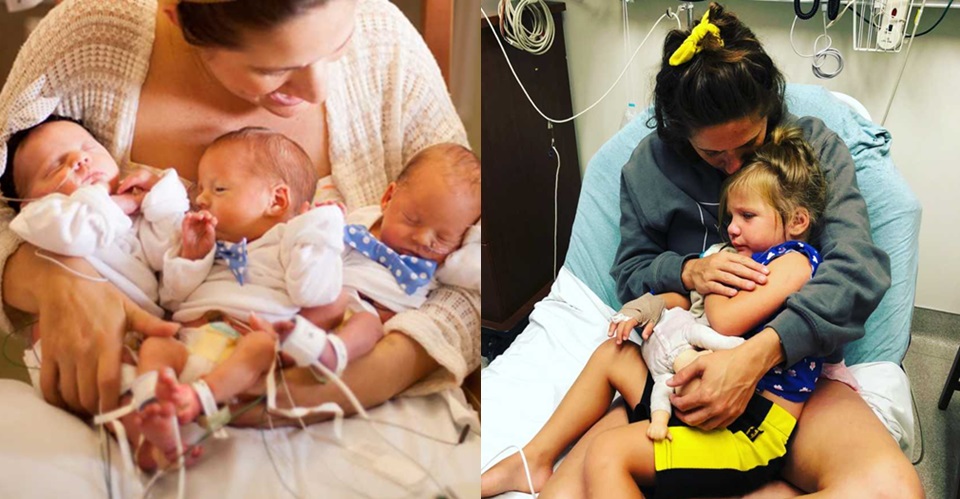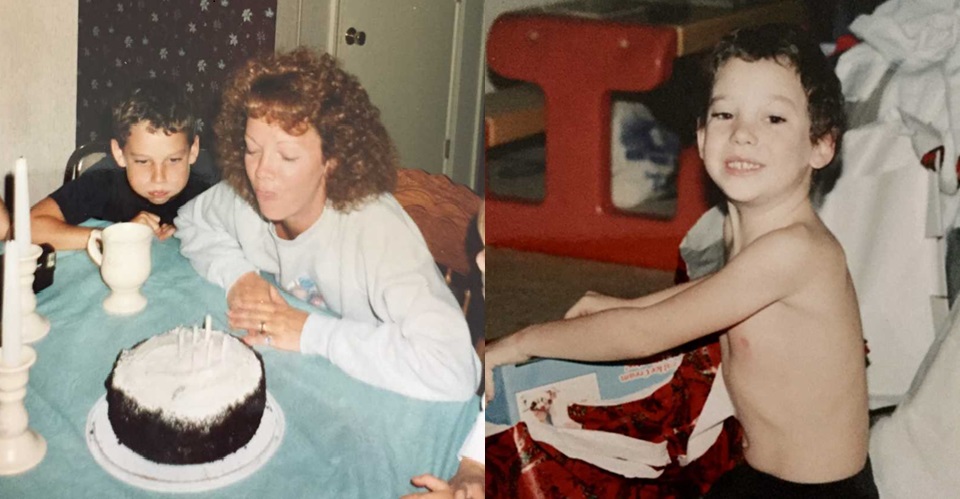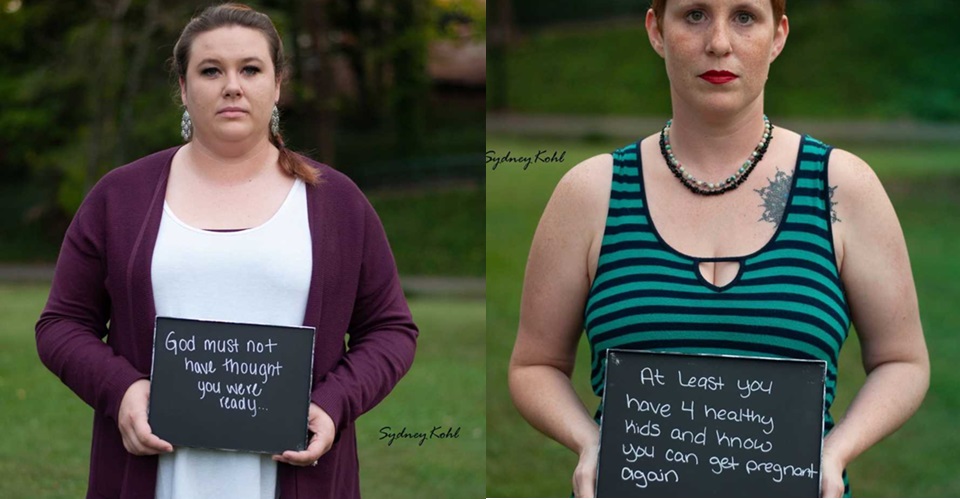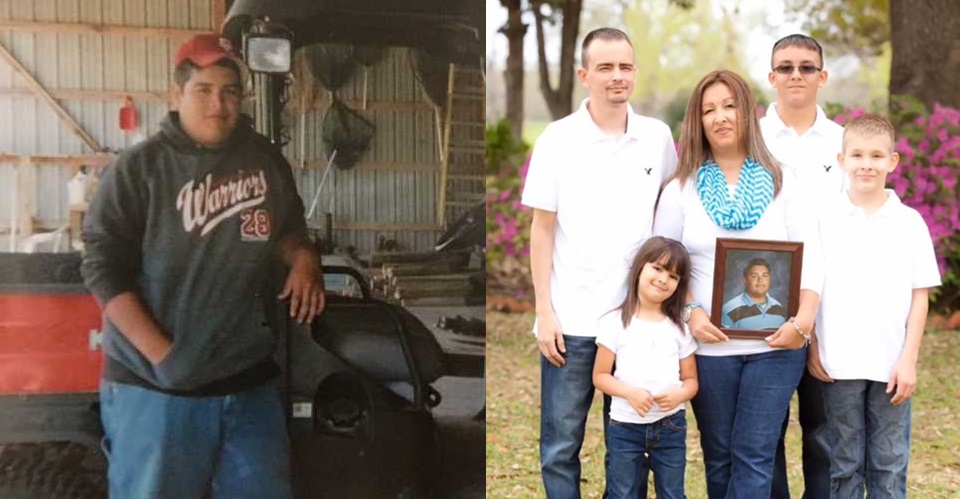Before she became a mother, she had already stamped herself with a cruel label, the kind you don’t peel off easily. Not enough. Those two words seemed to follow her like a shadow. It started with infertility, with the coldness of doctors’ offices and the sting of needles. She couldn’t get pregnant on her own, and that fact alone made her feel like her body was betraying her. Everywhere she looked, someone else was announcing a surprise pregnancy while she was calculating ovulation charts and swallowing disappointment. Before she became a mother, she had already decided she wasn’t enough.

And then the triplets arrived, a miracle that nearly took her life. She didn’t hold them first, and she didn’t get that golden movie-scene moment of skin-to-skin. Her first glimpse of them was through a screen, her babies pixelated on FaceTime. Other moms posted pictures of themselves glowing in delivery rooms. She sat in a hospital bed, wondering if missing those first hours made her less of a mother. Once again, not enough. Three months into motherhood, the exhaustion was bone-deep. She made the decision to stop breastfeeding, and while logic told her babies needed food however it came, her heart whispered that she had failed them. Not enough. Bottles clinking in the sink were proof she wasn’t doing it right.

And then came GERD. Endless crying, endless spit-up, endless nights pacing the floor while her babies writhed in discomfort. She didn’t have answers, only questions and guilt. She Googled symptoms at 3 a.m., convinced every other mom knew what to do. Not enough. Even her reflection betrayed her. The body that had carried three lives at once was stretched, sagged, and lined in ways she didn’t recognize. Wrinkles folded into soft skin, and she found herself tugging at her shirt in front of mirrors, wondering if her husband still saw her the same. In her head, the refrain was relentless: not enough.

When the doctor diagnosed postpartum depression and anxiety, it hit her like a stamp of confirmation. Pills clinked in a bottle, reminding her she wasn’t strong enough to do it alone. She sat in her car after the appointment, staring at the steering wheel, wondering if this was how other mothers felt or if it was only her. And then, the summer her daughter almost drowned. One slip, one terrifying gasp of water, and she pulled her little girl back to the surface. Her hands saved her, and her body reacted faster than her mind, but she still called it failure. She replayed it for weeks, each time reaching the same verdict: not enough. But here’s the thing about motherhood. Sometimes the truth hides underneath the noise, and it takes years to see it.

She needed help to get pregnant, but that didn’t make her weak; it made her determined. She was enough. She almost died delivering her babies, but she also brought three new lives into the world. She was enough. She chose bottles when breastfeeding drained her to the bone, but she decided nourishment and survival were enough. Her body changed, yes, but her body also carried miracles. That sagging skin was proof of strength, not failure. She was enough. She accepted medication, not because she was broken, but because she wanted to show up for her children with clarity and health. That choice was enough. And the day her daughter nearly drowned, she saved her. She may have called it failure, but the truth is that her quick action was the difference between tragedy and survival. That was more than enough.

Before she became a mother, she labeled herself as not enough. But messy, brutal, and beautiful motherhood taught her the truth: she always was. She always will be. And she hopes every woman staring at herself in a foggy bathroom mirror, every mother counting her mistakes at night, can believe it too. Because being a mother isn’t about perfection, it’s about persistence. And persistence, even with tears and cracks and doubts, is always enough.











